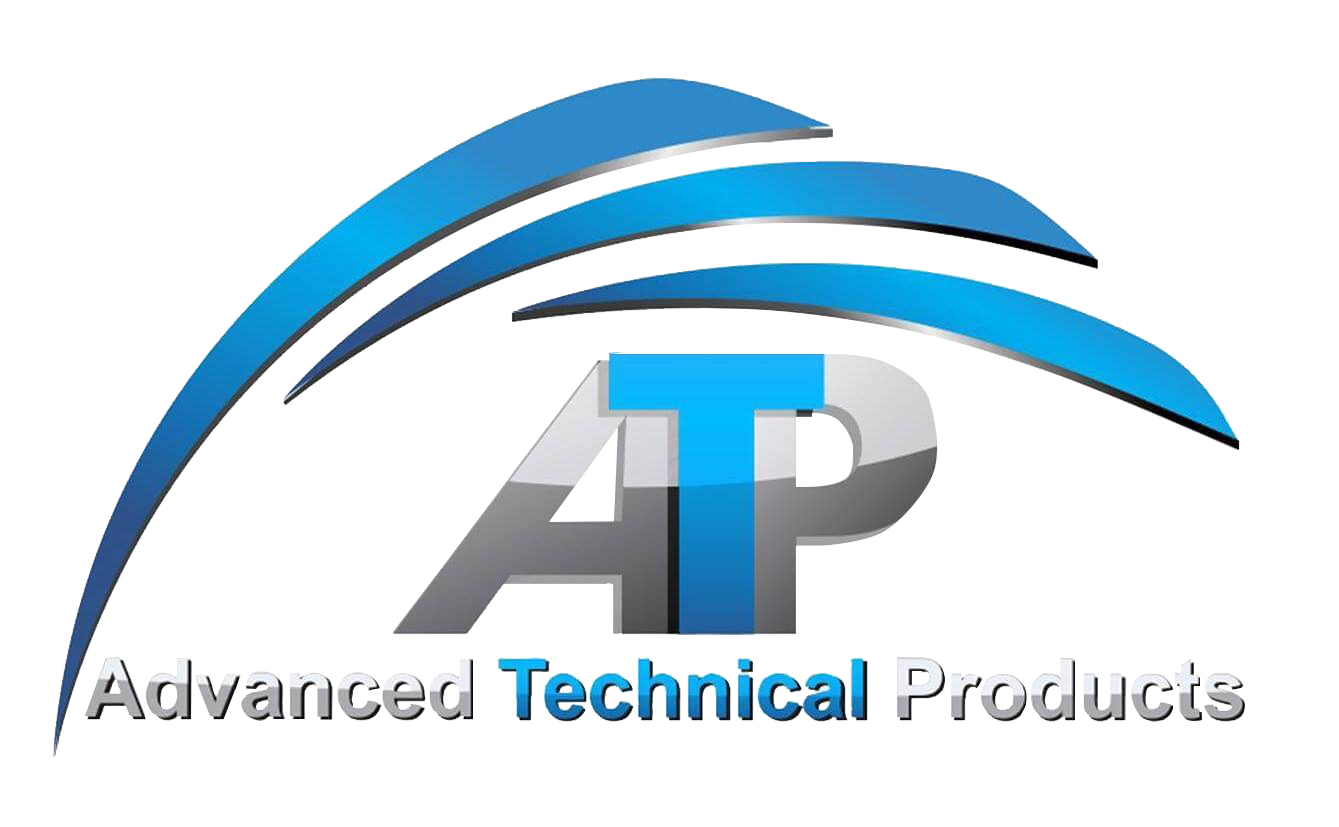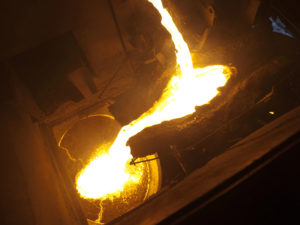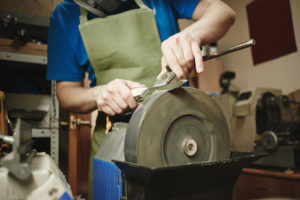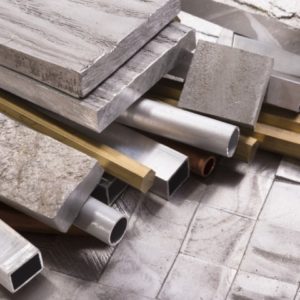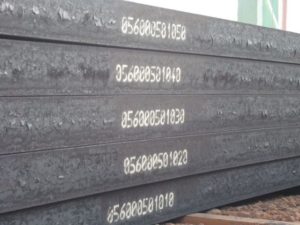As detailed in the article “Overview of Decarburization” by Inspectioneering, decarburization is a critical process that influences the carbon content in materials, particularly steels. Steels are categorized as low-carbon, medium-carbon, and high-carbon, with the rule being that lower carbon content results in decreased strength and hardness.
Decarburization can have both positive and negative impacts, affecting properties such as ductility, strength, and crack susceptibility, primarily at the metal’s surface. While equipment failure is seldom directly attributed to decarburization, industries recognize its significance due to its adverse effects on steel component fatigue life and its potential indication of underlying issues.
Factors contributing to decarburization are linked to high temperatures, typically at or above 700°C, which causes carbon to diffuse out of the metal and makes the metal more prone to absorbing hydrogen and oxygen gases. The rate of carbon diffusion rises with increasing temperatures, potentially leading to more severe issues like high-temperature hydrogen attack and hydrogen embrittlement.
Click here to learn more about Advanced Technical Products.
Article with all rights reserved, courtesy of inspectioneering.com
Photo with all rights reserved, courtesy of sciencedirect.com
